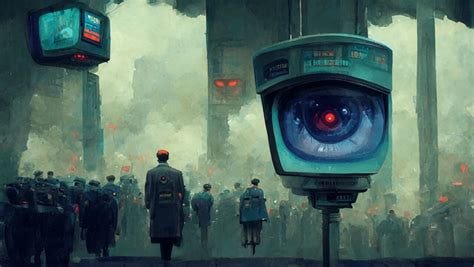Through the Looking Glass, 7
The individuality of the tradesman is expressed in his engagement in a world shared with similarly engaged beings. . . This says [Matthew] Crawford, is the truest meaning of the word 'republican’.
Humanity Has Stopped Working
Is there not some indestructible moral entanglement between humanity and the Earth? If not, then what is the purpose of our being here, we uniquely conscious beings who have, if not subdued the Earth, at least claimed her and directed her resources to our needs? Does this not imply some mutualised sense of ownership, proprietorship, and therefore of entitlement? Does that entitlement amount to more than the right to be enslaved? If so, who says so? And who says no?
Or was there not always an implicit right of everyone to share in the bounty of the Earth? Was this not obvious, even before Christianity began to bear witness to the dignity of every individual human? Was there ever any other coherent way of looking at things? If so, can we hear it spelt out, now, at this critical moment before it becomes a potentially lethal question?
And is this way of looking at things contingent on humanity’s record of stewardship, or usefulness, or ‘performance’, or the ability of the individual man or woman to ‘earn’ his or her ‘keep’? Can there be any ultimate purpose to human endeavour other that the husbanding of the Earth’s potential and resources to the betterment of the whole of the human species? If so, what might this purpose be? Who decides, and how human are these likely to be? Might there be a time when such ‘endeavour’, being severed from involvement by humanity in general, is directed at other ends, which do not include humanity in general, but are owned and controlled by the powerful plutocrats at the top of the pyramids of hierarchy their money has constructed in plain sight? What, then, might be deemed their purpose, and by whom?
What might such an age look like? What might its logic sound like? How near in the future might it be? (‘Very!’, I thought I heard you whisper.) What might be the meaning of life in that future, and how different is it likely to be to what the meaning of life is right now?
These are deep questions which to date we have asked, as though for recreation, only in the rarified conditions of schools of philosophy. Now they are about to break out in the open, in actually existing reality, as the question of humanity’s utilitarian obsolescence rears its unpretty head.
Can there be a point to productivity and profit if the ultimate beneficiaries are the Few, while the Many are left to make their own arrangements? As things stand, these would appear to to be the implications of our cultures’ ways of looking at work and productivity, effort and reward, purpose and purposelessness, humanity and its onetime presumed dignity. Trapped in a logic which once seemed to work, we remain blind to the fact that it has now turned lethal.
All these questions are about to loom large, albeit in circumstances of close to virtual illiteracy in respect of the ethical, moral and human-created questions which inevitably arise. What kind of future does this imply? Are we ready for it? Have we even given it a passing thought?
And if we are now — or soon — to begin — albeit belatedly — thinking such thoughts, asking such questions, where might they take us? Can the future still belong to human beings qua human beings, rather than belonging exclusively to human beings with deep pockets and lots of tech shares? Is is too late to start asking such questions? Is there time to come up with answers? if so, where might we begin? How about here, in our still beautiful country — Ireland — where the heart of republicanism still faintly beats?
In the latest installment of the Through The Looking Glass series, I introduce the episode with a short reading from my new book, The Abolition of Reality, which leads into a discussion between Gerry O’Neill and myself on the uniqueness of the Irish experience and the storms it faces in a mechanistic and technology-driven world, the world of what the great French philosopher, Jacques Ellul, called ‘technique’. .
To buy John a beverage, click here
If you are not a full subscriber but would like to support my work on Unchained with a small donation, please click on the ‘Buy John a beverage’ link above.



